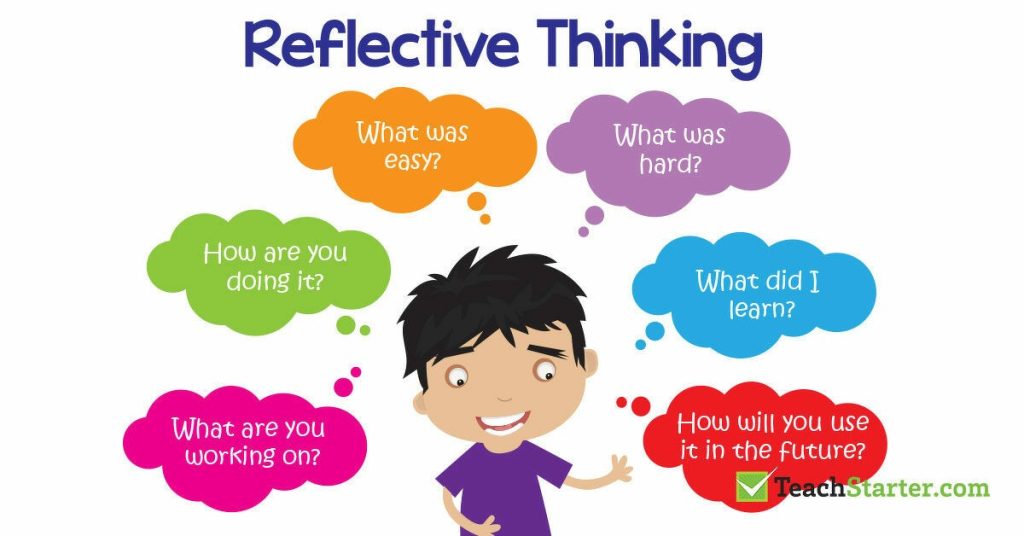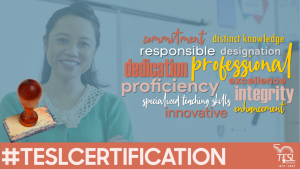What is self-reflection in learning?
It is a cognitive awareness that occurs when students are aware of and can articulate what they know and what they need to learn. Thus, it examines the ways an individual learns.
Self-reflection is a huge and often overlooked part of education. While students are often asked to reflect on their own learning, their teachers typically do not coach them in how to do it most effectively. We already know that teacher reflection is a very important part of our professional development. TESL training usually offers great opportunities to learn how to do that. But students have similar needs. Neither teachers nor students can maximally improve their performance without self-reflection.
Continue reading









